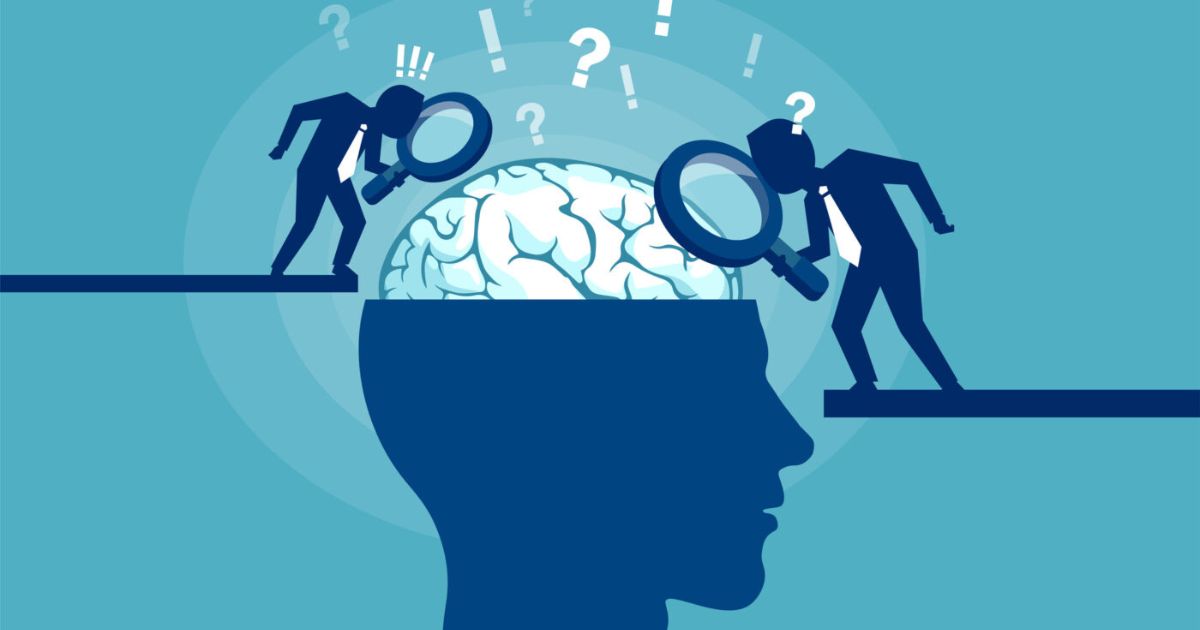In a significant breakthrough in Alzheimer’s disease research, scientists have unveiled the discovery of novel disease patterns. This achievement stems from a comprehensive investigation involving nearly 1,000 individuals, where researchers harnessed data from six distinct Alzheimer’s biomarkers.
By amalgamating this wealth of information, they have significantly enhanced their ability to map the disease pattern and conduct more precise genetic analyses, heralding a new era in Alzheimer’s research.
Alzheimer’s disease, a progressive neurodegenerative disorder, poses one of the most significant public health challenges of our time.
Characterized by cognitive decline, memory loss, and impaired daily functioning, it exacts a profound toll on both individuals and their families. The multifaceted nature of Alzheimer’s has long confounded researchers seeking to unravel its intricate pathways.
In this latest endeavor, researchers adopted a multidimensional approach to gain deeper insights into Alzheimer’s disease. Traditionally, Alzheimer’s studies often focused on individual biomarkers, providing a limited perspective on the disease’s complexity.
However, recognizing the need for a more holistic approach, scientists embarked on a journey to combine data from six distinct Alzheimer’s biomarkers.
Mapping the Disease Patterns
The amalgamation of data from multiple biomarkers allowed researchers to paint a more accurate and comprehensive picture of Alzheimer’s disease. By leveraging this enhanced understanding, they turned their attention to genetic analyses, hoping to uncover previously undiscovered pathways and mechanisms involved in the disease.
Biomarkers are biological indicators that can reveal critical information about disease processes. In Alzheimer’s research, these markers include proteins like beta-amyloid and tau, which accumulate abnormally in the brains of affected individuals.
Additionally, neuroimaging techniques and cerebrospinal fluid analysis provide valuable insights into the disease’s progression.
The study encompassed a diverse cohort of nearly 1,000 individuals, each contributing a unique set of data. This extensive dataset allowed researchers to identify commonalities and variations in Alzheimer’s disease patterns among participants.
By pooling resources and expertise, they created a comprehensive roadmap for further exploration.
With this enriched understanding of Alzheimer’s disease patterns, researchers embarked on a series of genetic analyses. The objective was to uncover the genetic factors that underlie these patterns, potentially shedding light on new pathways and therapeutic targets.
Alzheimer’s research has entered an era of precision medicine, where the focus is on tailoring treatments to individual patients based on their unique genetic makeup and disease patterns. By deciphering novel pathways, researchers aim to develop targeted therapies that can halt or even reverse the progression of Alzheimer’s disease.
Early detection and intervention are paramount in Alzheimer’s disease management. By identifying the disease at its earliest stages, before significant cognitive decline occurs, healthcare professionals can implement interventions that may delay or mitigate its impact. This research offers a promising avenue for enhancing early detection methods.
This groundbreaking research was made possible through collaboration among experts in various fields, including neurology, genetics, and biomarker analysis. Their combined efforts have propelled Alzheimer’s research forward, offering hope to millions of individuals affected by the disease and their loved ones.
As researchers delve deeper into the intricate pathways of Alzheimer’s disease, new possibilities emerge. The discovery of novel disease patterns and genetic insights represents a significant step forward in the quest for effective treatments and, ultimately, a cure.
With continued dedication and collaboration, the Alzheimer’s research community is poised to transform the landscape of dementia care and offer renewed hope to those affected by this devastating condition.
The unveiling of novel Alzheimer’s disease pathways marks a momentous achievement in the field of dementia research. Through the integration of data from multiple biomarkers and extensive genetic analyses, researchers have expanded their understanding of the disease’s complexity.
This breakthrough not only holds the potential to unlock new treatment avenues but also underscores the power of collaboration and innovation in advancing Alzheimer’s research.


















